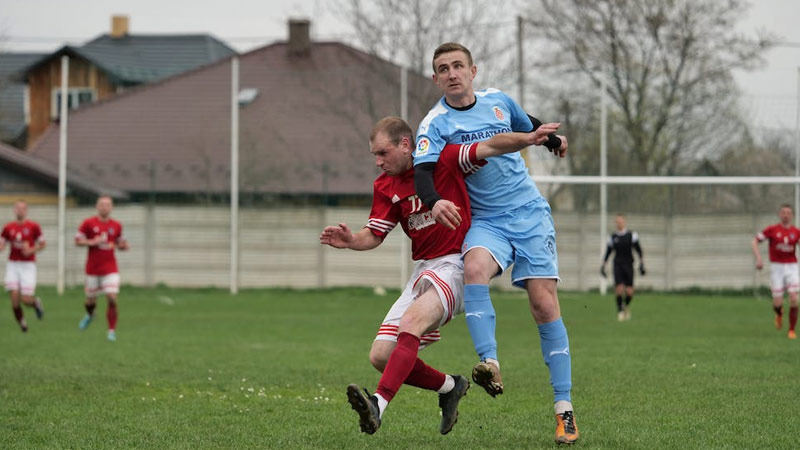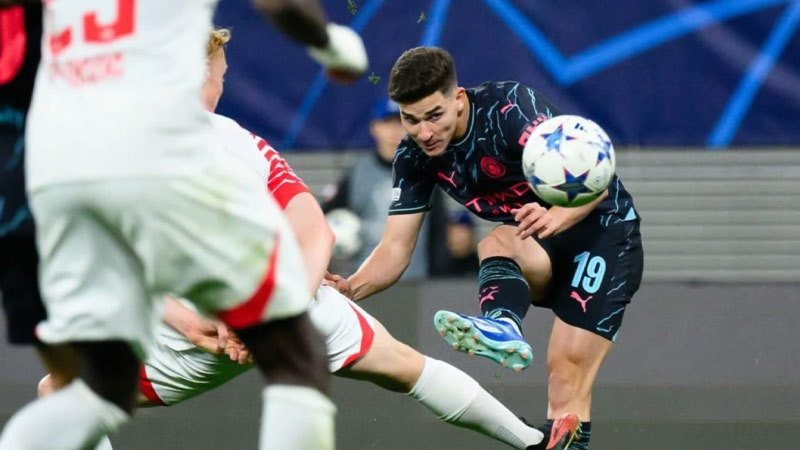You probably don’t know about the longest extra time in Soccer, right? It was between Shabab Khanyounis and Ittihad Khanyounis in 2019.
Started as a friendly, but the Gaza referee gave an extra 42 minutes due to technical maintenance of the ground.
So far, it’s the longest additional time in football ever recorded. But when looking back to history, such examples are not rare.
So, how do the soccer extra time rules apply? Can officials break the rule as needed or is it limited? We will find out today!
Stay with us and learn the ins and outs of Soccer Extra Time Rules. It’s essential for anyone to know the rules before entering the field or the match.
Soccer Extra Time
Every sport provides additional time at the end of the play to end the unfinished business.
In soccer, players receive additional time at the end of the regular 90-minute match to determine the winner.
When a soccer match ends in a draw, no winner is determined in the game. This is when the referee provides an additional length of time to determine the winner of the play.
Extra time in soccer is made of two halves. Each half lasts 15 minutes. It is a rule to play the halves continuously without a halftime break. Thus, the total duration of extra time ends in 30 minutes.
The purpose of soccer extra time in short,
Soccer extra times are solely to determine the winner of the game. When soccer matches end in a draw after the regulation of 90 minutes, extra time is the only solution to proceed to the next round.
Additional times are commonly visible during the knockout stages of tournaments, such as the FIFA World Cup, UEFA Champions League, and domestic cup competitions.
Soccer Extra Time Rules to Start
Before the referee starts the extra time, they toss a coin. The team that wins the toss coin can select either end of the field or the kick-off.
The winning team will try to earn the first possession of the ball in the extra time. Hence, it is common for them to go with the kick-off first.
The extra time rules in Soccer are almost the same as regulation periods. After 15 minutes of halftime of the extra time, both teams switch ends of the field.
It is a genuine regulation to ensure that, none of the team gains an unfair advantage due to weather or field conditions.
Are Substitutions Available in Soccer Extra Time?

Yes. In fact, teams have additional time to make a substitution during the extra time.
Even if you end up using all the substitutions in the regulation match, you can still substitute players in the extra time. Consider the extra time as a mini-match started all over again!
Plus, substitution during the extra time allows the players to refresh themselves from the long-lasting exhaustion of extended play.
Early Days Soccer Extra Time Rules
Soccer extra time rules are similar to the rules of the regulation period. However, earlier there were two variations to extra time rules. They are (1) Golden Goal and (2) Silver Goal.
The golden goal was much of a controversy during the early days. According to this rule, when any of the teams scores during the extra time, the match immediately stops and a winner is determined.
On the contrary, the silver goal is close to the Golden Goal rules. But it at least allowed for the game to continue until the end of the first half of extra time when a team scored.
Additionally, after the first half the one team who still leads will be declared the winner. But this time, the game won’t finish instantly.
Instead, officials involved in the match would decide whether to use the golden goal, silver goal, or none of them at all! Don’t you think the rules were a little bit unfair to the opposing team? Because the other team never gets the opportunity to try out their luck.
Eventually, both of the rules met high criticism. Because think of it!
The unfair advantage one team gets after scoring a goal wasn’t so passive on the overall gameplay style and fairness.
Both rules were already criticized. However, in 2003, FIFA did use the Silver Goal as an alternative. But that too, was received poorly.
After that, leagues confirmed that both Golden and Silver rules should be scrapped. Following the Euro in 2004, the two rules were completely out of the show and till now!
Difference Between Stoppage Time Vs Extra Time
One common term people often confuse with extra time is the stoppage time of soccer.
Don’t mix the two terms. The referee adds stoppage time at the end of each half to cover up the time lost in that half.
There is no limit on the length of the stoppage time. It entirely depends on how much time you lose during halftime. Thus, it’s relative and there’s no minimum or maximum length.
Based on records, 28 minutes have been the highest stoppage time in soccer.
On the other hand, extra time is added after every tie match if there hasn’t been a winner yet! The rest you know through the article.
Every soccer match may or may not have extra time, based on the outcome. But stoppage time is scheduled after every halftime after the referee measures the time lost and determines the length of the stoppage time.
Last Words
Extra time in soccer is a requirement to end the game! When the extra time is not enough to determine the winner, the match goes into a penalty shootout where each team gets five kicks in the beginning.
If the score is still a tie after these five kicks, the shootout continues with a sudden-death format. Each team takes one kick at a time until one team scores and the other misses.
Here’s how we determine the winner of soccer for a stubborn match! What do you think of soccer extra time rules? Leave your comment below. Also, share our article with crazy soccer lovers around you and let them know about us!
Happy sporting.







